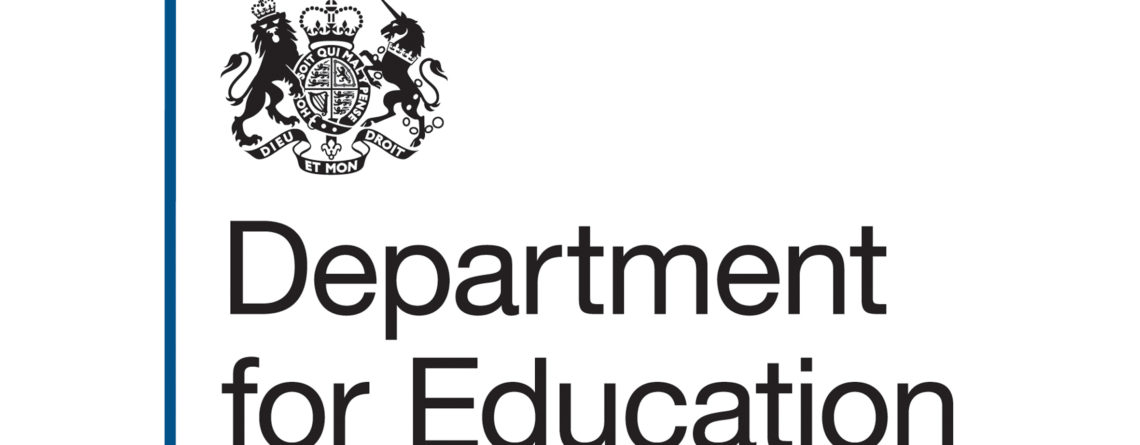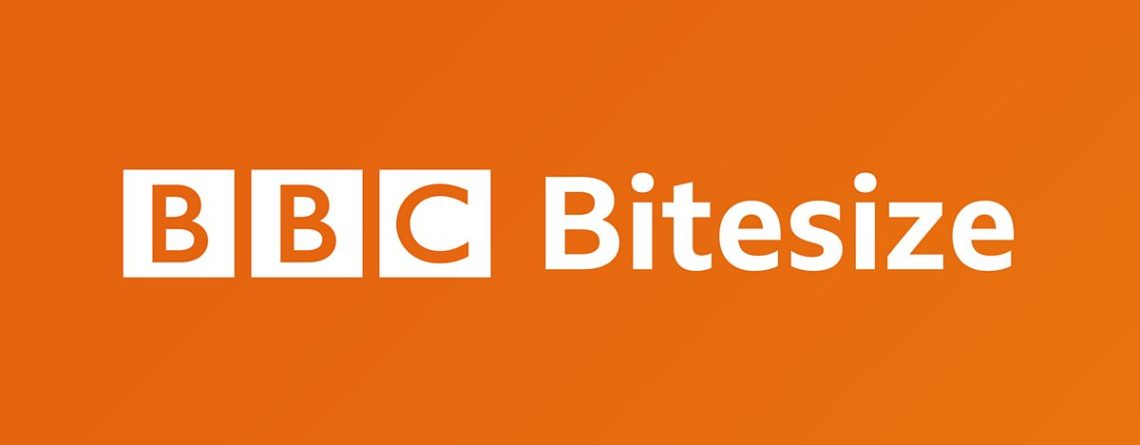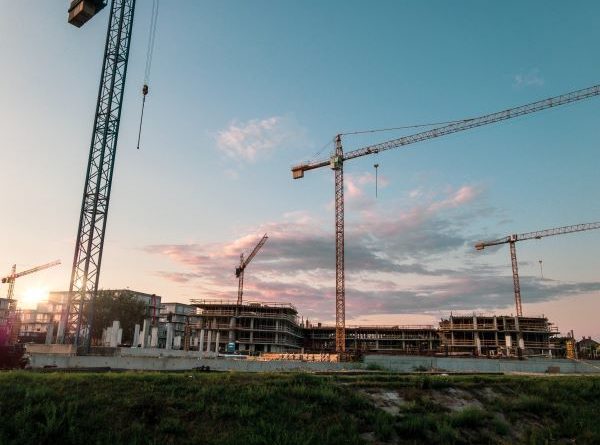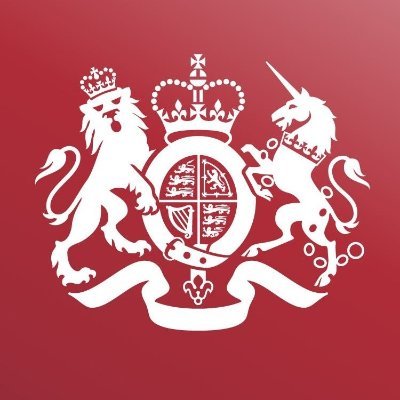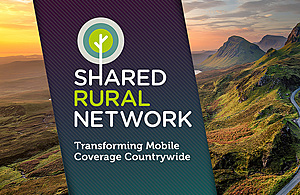Government launches ‘The Skills Toolkit’
A new online learning platform was launched today by Education Secretary, Gavin Williamson, to help people while they are asked to stay at home.
The Skills Toolkit is made up of free online resources to help improve digital and numeracy skills to and allows furloughed employees in particular the opportunity to keep up their skills development while at home. Digital courses include tools for using email and social media more effectively at work, to creating online content developed by the University of Leeds and the Institute of Coding, to understand the Fundamentals of Digital Marketing from Google Digital Garage, as well as Open University courses. All courses are free, online and flexible, so people can work through them at their own pace.

